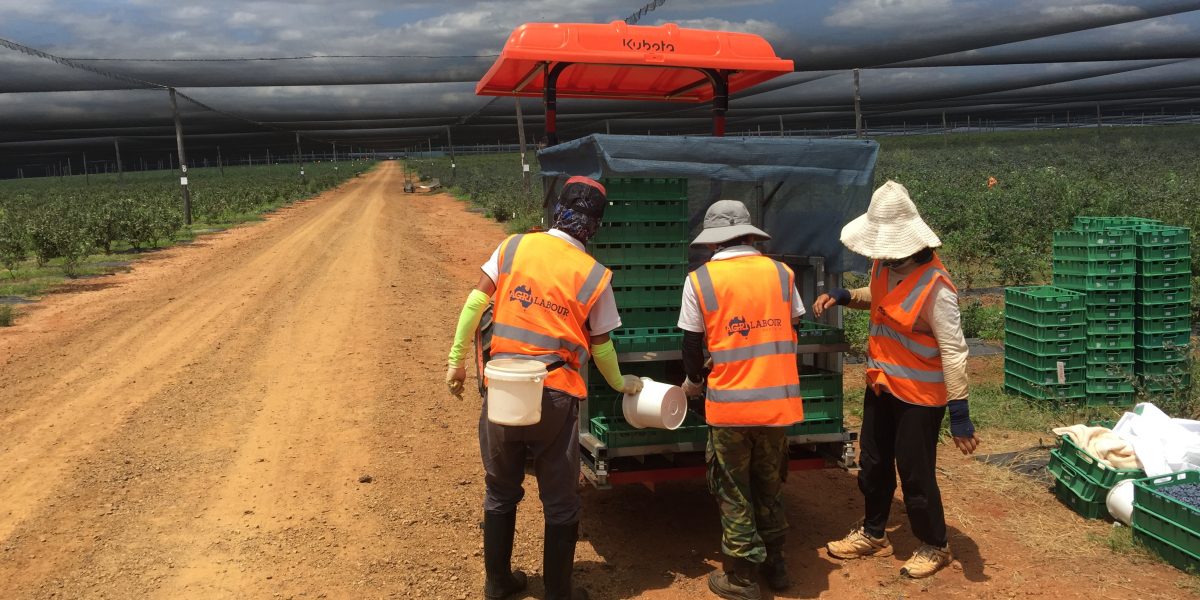



Article by: Hari Yellina
A drive to improve working conditions in the country’s orchards appears to have backfired, with the Fruit Growers Victoria industry organisation stating that slower pickers are being pushed out. Workers who are normally paid per bin picked must now be guaranteed minimum hourly pay, thanks to changes to the Horticulture Award that went into effect on April 28. It costs $25.41 per hour for casuals. Grower services manager Michael Crisera said orchard owners had always sought to pay the minimum award wage as a piece-rate, but now had to discriminate against those who couldn’t keep up.
Following a successful battle by the Australian Workers’ Union, a Fair Work Commission judgement resulted in the salary increase. Mr Crisera claims that rising prices in the last 18 months have put upward pressure on wages because supermarkets have not increased their pay. “Growers receive a return that is less than the cost of production. Costs are rising for everyone. Diesel has doubled in price, while fertiliser has increased by 70% to 100% “he stated. The Australian Consumer and Competition Commission was warned by Fruit Growers Victoria that retailer bargaining techniques had put growers at a disadvantage. “Some supermarkets have a box price tender process that sets one supplier against another based on whether or not they get orders for vegetables,” says one source.
Heather and Garry Pollard, who grew apples and pears in Harcourt for 30 years, quit selling them to retailers in 2012. “We now sell all of our fruit at farmers markets,” Mr Pollard explained. “More than half of the money goes to supermarkets. Because retailers would not pay us enough, we began selling at farmers markets.” Mr Pollard said his family’s orchard employed four workers to collect apples. “We only hire locals and pay them by the hour, not by the piece, as we have done for many years,” he stated. Bendigo, Woodend, Lansfield, and Riddles Creek are all places where the Pollards sell their produce.
Woolworths, which filed a contribution to the inquiry, said it supported growers through programmes like The Odd Bunch. “The Odd Bunch initiative welcomes fruit and vegetables that may fall short of consumer standards for visual quality,” it noted. “All existing and new producers are encouraged to join, and because The Odd Bunch are a by-product of primary harvests, farmers should expect a 30% increase in crop production.” “The Odd Brunch programme included over 25 products in FY19, with average sales quantities of 700,000 kg.” Coles told the inquiry that it was one of the first supermarkets to sign the Government’s voluntary Food and Grocery Code of Conduct in 2015, demonstrating its commitment to ethical corporate practices.
In a three-month investigation into bargaining power imbalances in supply chains for perishable agricultural products in Australia in 2020, the Australian Competition and Consumer Commission found “a range of harmful practises associated with bargaining power imbalances and market failures” arising from processor-producer and supermarket-supplier relationships.